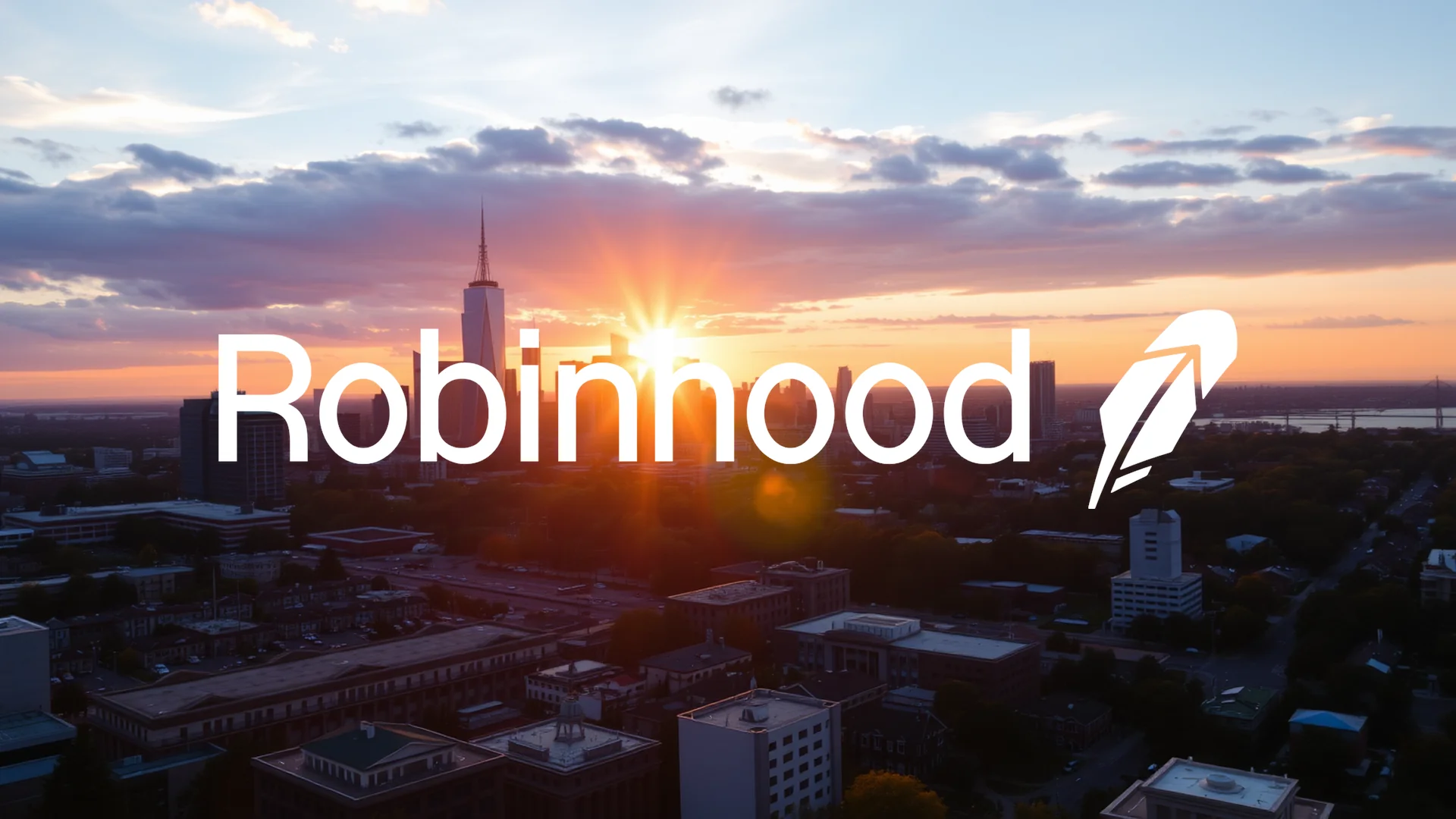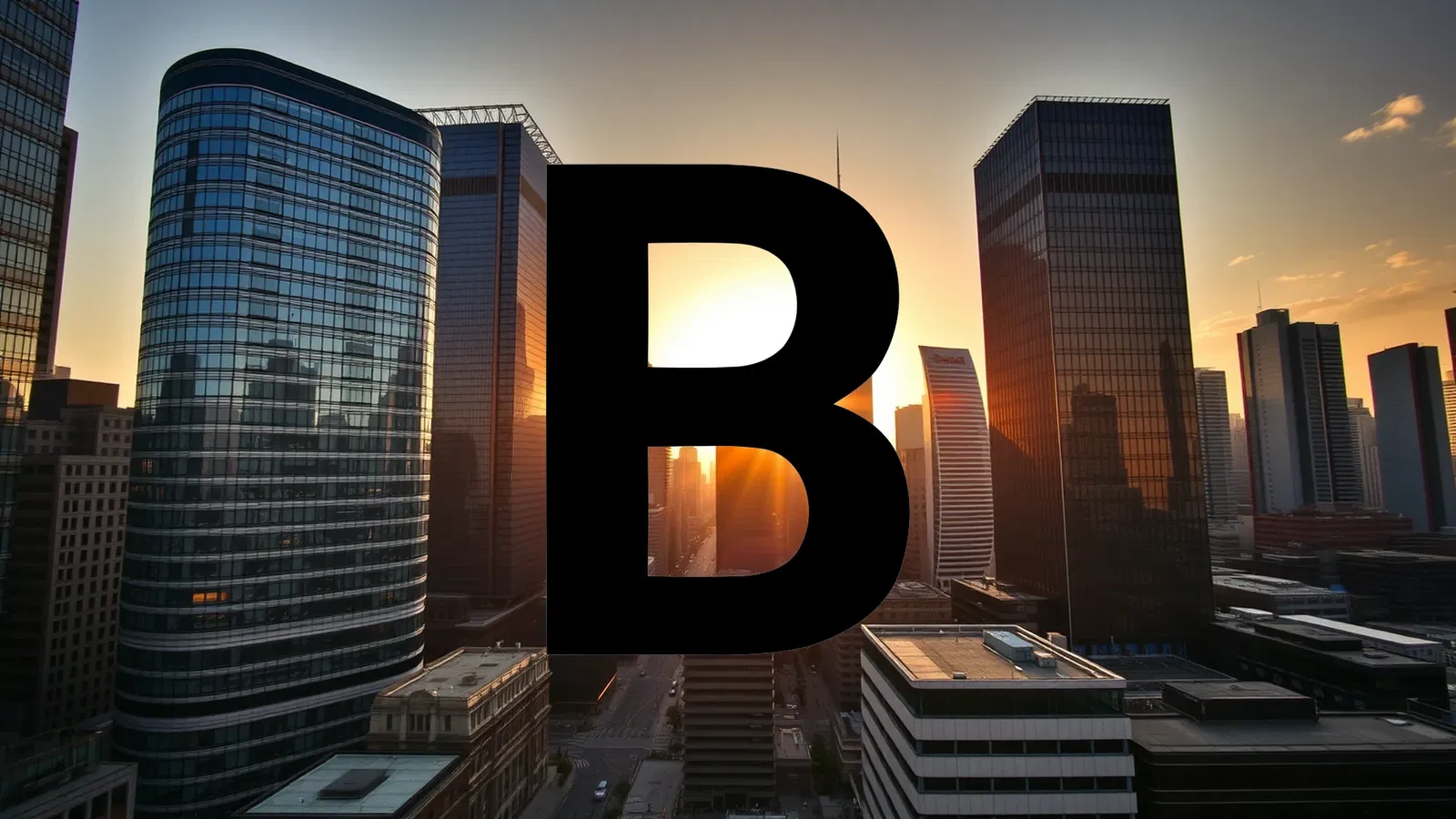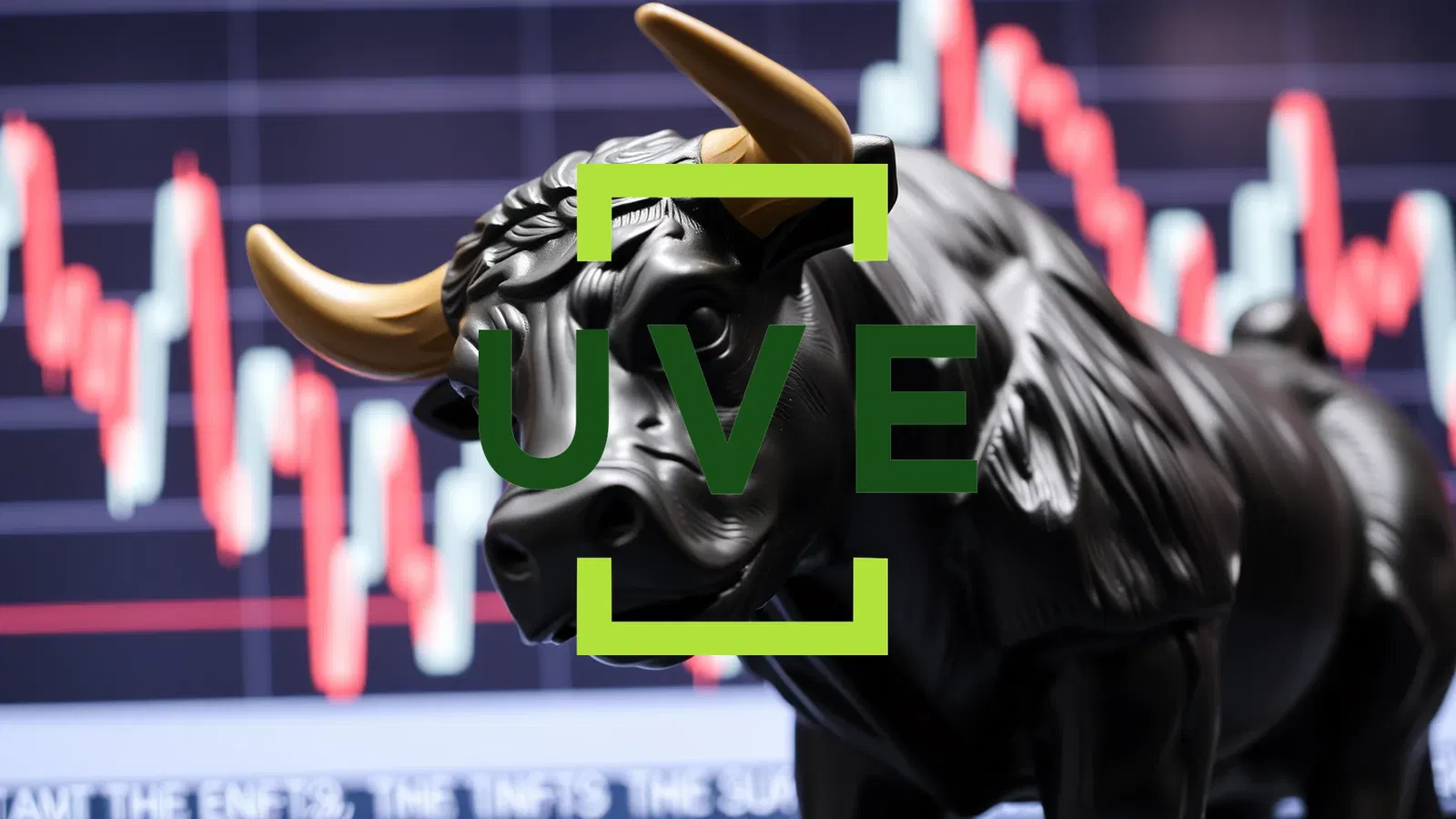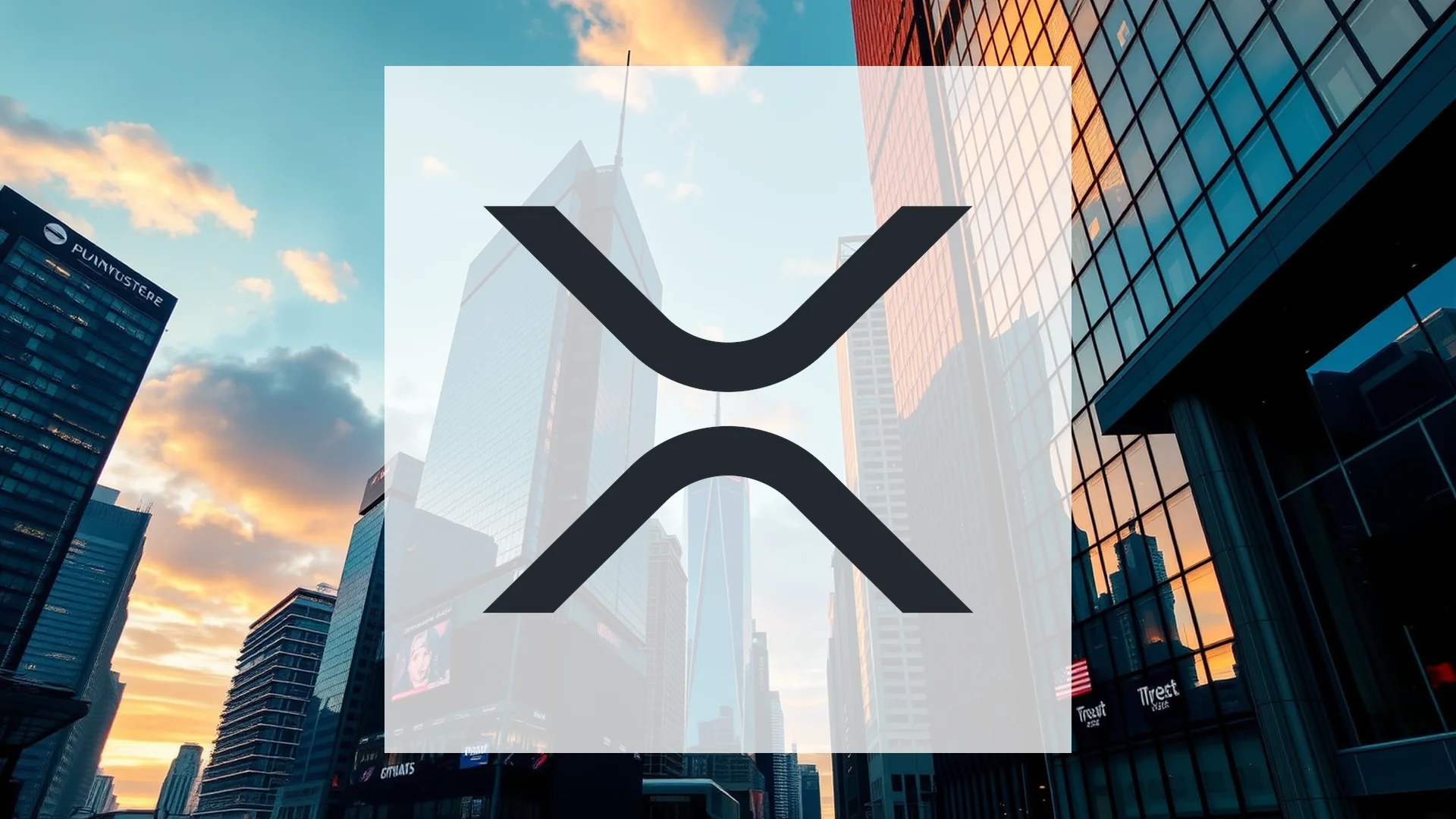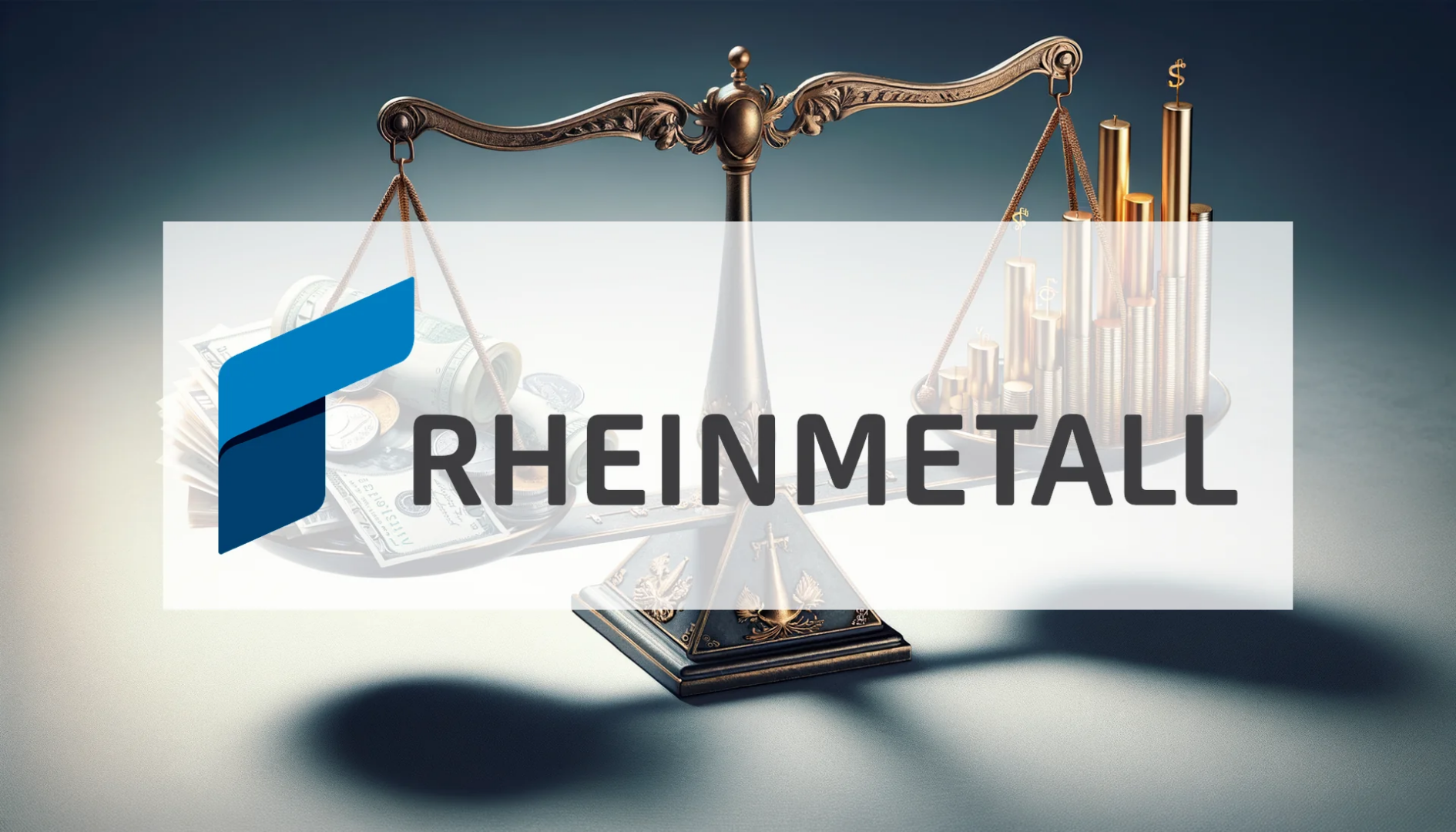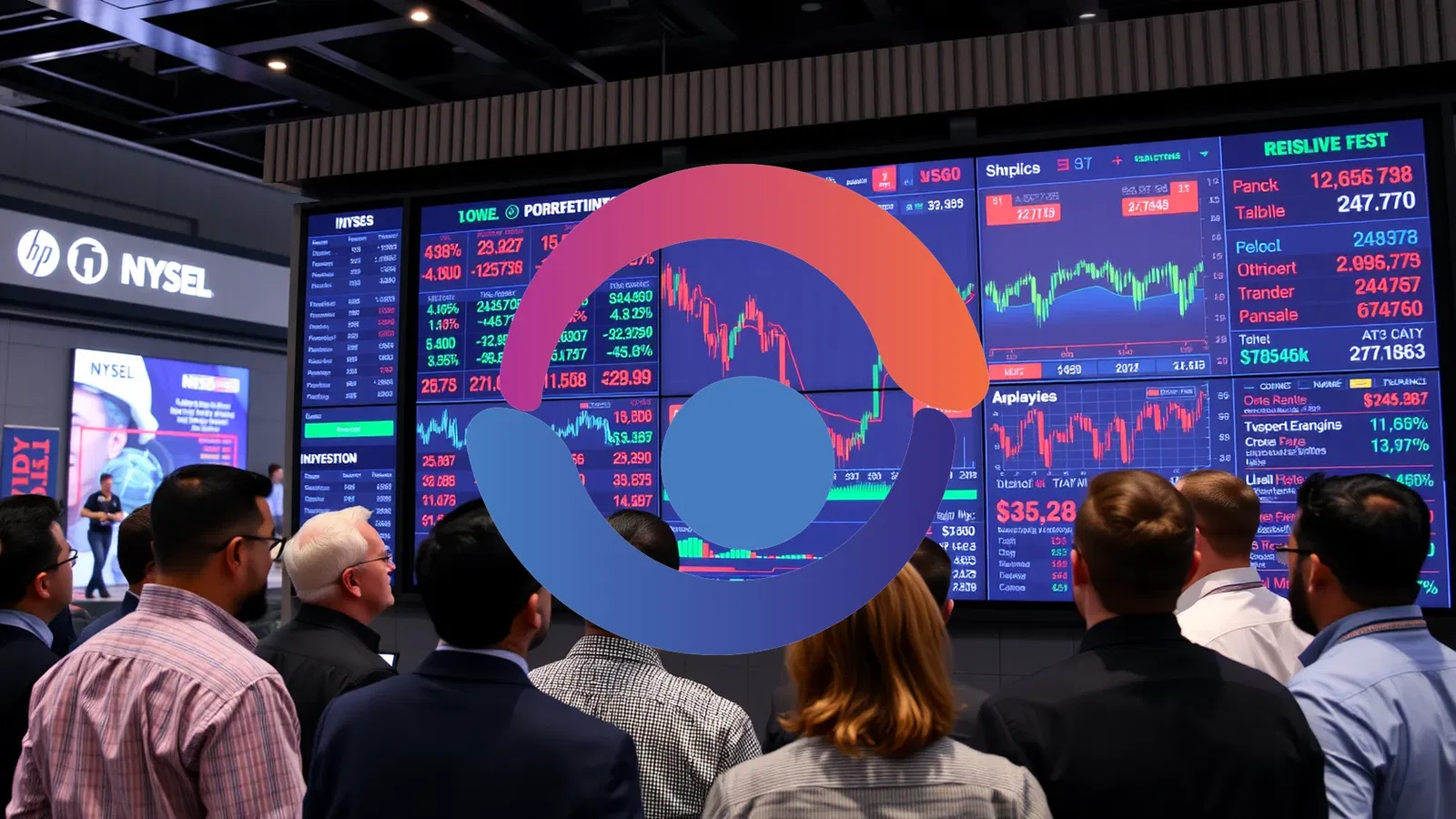The remarkable ascent of the popular trading platform Robinhood has hit a significant roadblock. A co-founder of the company has triggered a wave of investor anxiety by liquidating a substantial portion of his holdings, casting a shadow over the stock’s previous strong performance for the year. This development raises a critical question for the market: does this signal the end of the rally, or is the resulting price dip a strategic entry point for investors with a higher risk tolerance?
Market Pressure Intensifies Amid Sector-Wide Challenges
The situation for Robinhood is compounded by a challenging broader market environment. Technology stocks and cryptocurrencies are currently facing significant headwinds. This is particularly problematic for the broker’s business model, which relies heavily on robust trading volumes within these inherently volatile sectors. Furthermore, mixed economic indicators and diminishing expectations for imminent interest rate cuts are creating additional pressure for risk-on assets like Robinhood.
Technical analysis of the stock’s chart reflects this bearish sentiment. Having shed more than 13% of its value in a single week, the equity is now in a struggle to find a stable footing. The current landscape presents a complex puzzle for analysts to decipher.
Should investors sell immediately? Or is it worth buying Robinhood?
Co-Founder’s Multi-Million Dollar Exit
The primary catalyst for the recent sell-off was an insider transaction by Baiju Bhatt, a key founder of the company. Regulatory filings revealed that Bhatt disposed of shares valued at approximately $48.8 million. Such a sizable disposal by a central figure within a company is frequently interpreted by the market as a potential warning sign, leading to speculation about the leadership’s confidence in the firm’s near-term prospects. This move by the insider initiated a cascade of selling activity, pulling the stock price down considerably from its recent peaks.
Contrarian Bet: Ark Invest Seizes the Dip
In a striking counter-narrative to the prevailing panic, Cathie Wood’s investment firm, Ark Invest, adopted a contrarian stance. While the majority of the market was offloading shares, Ark used the depressed price levels as a buying opportunity. Data confirms that the firm purchased approximately 64,000 Robinhood shares. This anti-cyclical investment indicates that certain major institutional players may view the downturn not as a fundamental breakdown, but as a temporary undervaluation. However, the positive sentiment from this notable acquisition is currently being overwhelmed by the market’s reaction to the founder’s substantial sale. The battle between bears and bulls is clearly tilted in favor of the former, at least for the short term.
Ad
Robinhood Stock: Buy or Sell?! New Robinhood Analysis from February 7 delivers the answer:
The latest Robinhood figures speak for themselves: Urgent action needed for Robinhood investors. Is it worth buying or should you sell? Find out what to do now in the current free analysis from February 7.
Robinhood: Buy or sell? Read more here...

